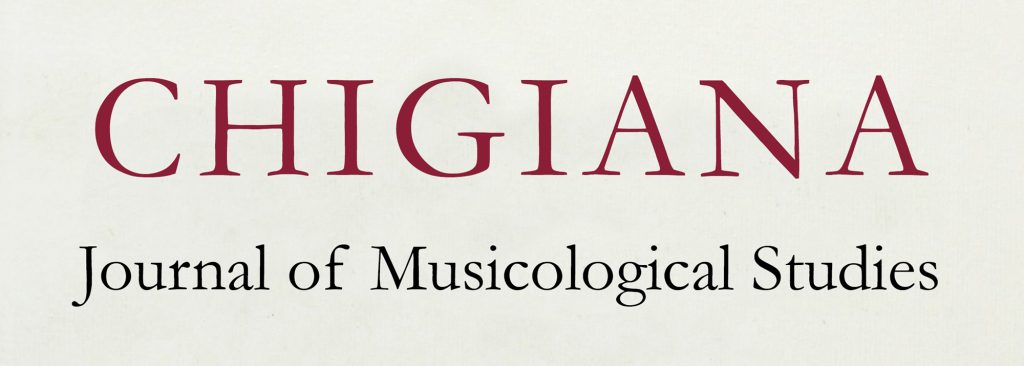
Un-Lost in Translation: Sound, Ecology, Activism
Natalie Kirschstein
This paper discusses musical compositions and sound art pieces that translate and transform the natural world for human listening and consumption. Works such as Andrea Polli’s Heat and the Heartbeat of the City (2004), Daniel Crawford’s Planetary Bands, Warming World (2015), Bert Barten’s Talking Trees (2017), and Alexandra Daisy Ginsberg’s Machine Auguries (2019) aim to mediate between “nature” and “culture” by making the inaudible audible or differently-audible. Many specifically address the issue of climate crisis and environmental conservation, both explicitly, by highlighting humans’ impact on the environment, and indirectly, by bringing listeners closer to nature, with the hope of inspiring them to action. After examining a selection of compositions and performances, the composers’ and artists’ motivations are considered, with particular attention to their sense of agency in environmental issues. I offer a critical appraisal of this kind of advocacy and discuss how some of these acts of translation blur the line between nature and culture — both intentionally and unintentionally — and how questioning these categories of “nature” and “culture” forms a central facet of sound ecological activism.
Il saggio esamina composizioni musicali e opere di sound art che trasformano il mondo naturale e lo “traducono” per l’ascolto e la fruizione umana. Opere come Heat and the Heartbeat of the City (2004) di Andrea Polli, Planetary Bands, Warming World (2015) di Daniel Crawford, Talking Trees (2017) di Bert Barten e Machine Auguries (2019) di Alexandra Daisy Ginsberg, mirano a mediare tra “natura” e “cultura” rendendo il non-udibile udibile, o diversamente udibile. Molte di queste opere affrontano il tema della crisi climatica e della tutela ambientale: sia in modo esplicito, evidenziando l’impatto dell’uomo sull’ambiente, sia indirettamente, avvicinando gli ascoltatori alla natura nella speranza di stimolarli all’azione. Dopo aver esaminato una selezione di composizioni e performance, vengono discusse le motivazioni dei compositori e degli artisti, soprattutto in relazione al loro impegno attivo nelle questioni ambientali. L’autrice propone una valutazione critica di queste forme di difesa ambientale: se in alcuni casi questi atti di “traduzione” possono infatti offuscare il confine tra natura e cultura (sia intenzionalmente sia involontariamente), la scelta di mettere in discussione le categorie di “natura” e “cultura” rappresenta comunque un aspetto cruciale dell’attivismo ecologico sonoro.
